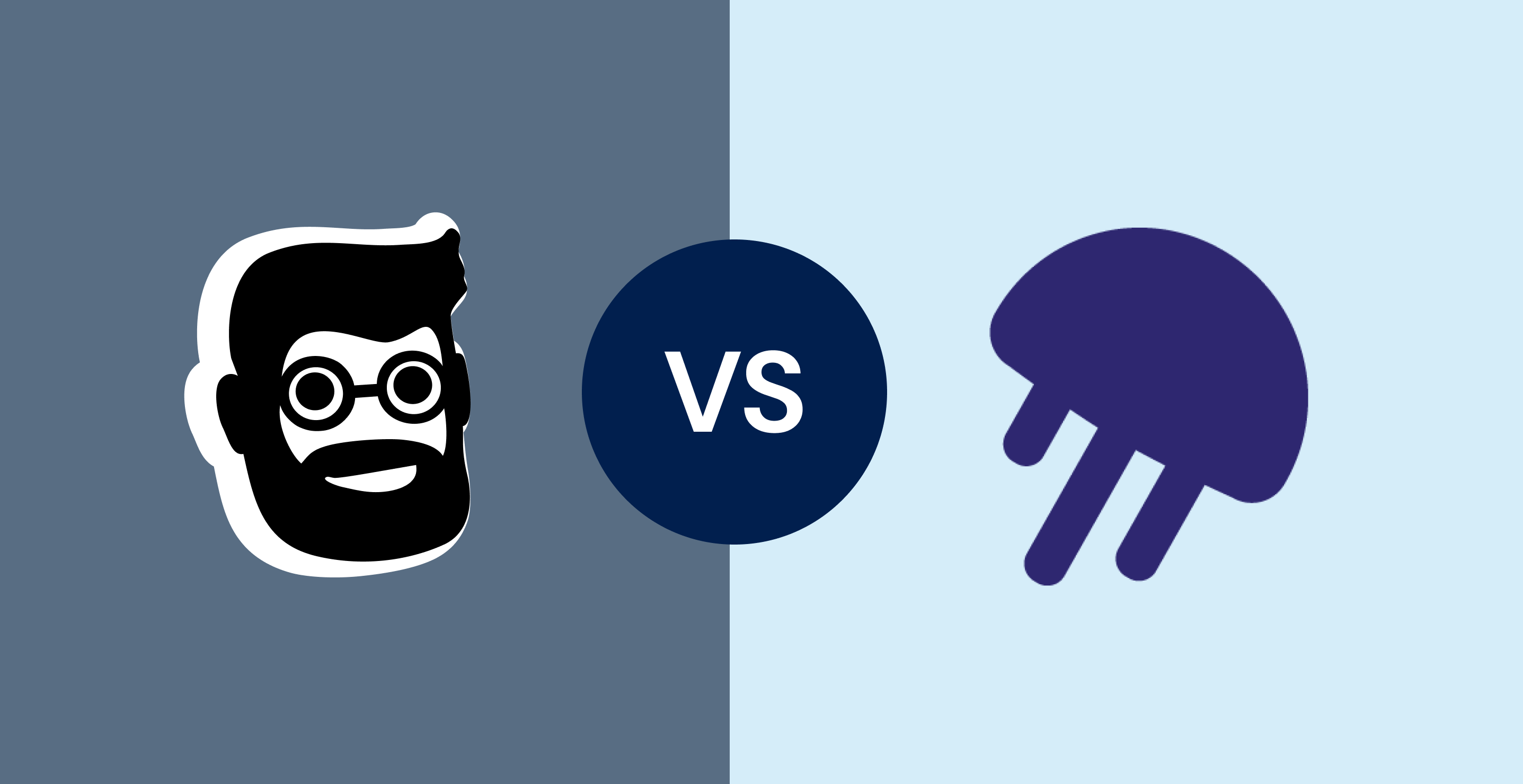Developer productivity tools - comparing Jellyfish and Metabob
Fabian oversees all of Metabob's marketing efforts. He is an expert in entrepreneurial marketing, in the startup environment and academia.
Fabian oversees all of Metabob's marketing efforts. He is an expert in entrepreneurial marketing, in the startup environment and academia.

There are dozens of developer productivity tools on the market looking to ensure productive, effective metrics for dev teams big and small. While the services from current names provide valuable insights for teams, they still lack in some key places that would truly improve teams and how they work.
Metabob is a brand-new developer productivity tool using AI solutions to help engineering teams improve their code health. Metabob not only pinpoints errors specific to a single line, but recognizes logical and context-based problems, accelerating time from testing to launch. In order to truly show how Metabob differentiates in the developer productivity space, this article looks to compare one of the current market leaders, Jellyfish, to Metabob’s services.
Jellyfish is a big name in the developer productivity space. Their value proposition is to enable engineering managers to align their team’s work with the overall business objectives of a given organization. On the surface, Jellyfish seems like an ideal candidate for potential businesses looking to align developer and business insights. However, in the flare of big brand names and the promise of faster business development, does Jellyfish deliver developer productivity metrics that can really take your business to the next level?
Metabob combines code development tools (such as code review and recommendations) with developer productivity metrics. This combination uncovers even more insights for development teams, enabling businesses to save money and increase developer productivity.
Here is a full breakdown between the two.
Jellyfish first collects engineering notifications from commits and pull requests in both Git repositories as well as assigned Jira tasks.
In a second step, the tool then grabs contextual data from personal calendars, project roadmaps and HR software to build an overall idea of how engineering teams are spending time working through tasks.
Jellyfish strives to allocate work and various resources to different categories (projects, releases, business objectives, etc.). Here are some of the main features provided by Jellyfish:
Metabob also integrates with software development tools a given company is already working with. Historical data from platforms like Jira determine the time it will take for an individual developer to complete a specific task, insights into a team’s development velocity and code quality. This creates a data-driven approach to evaluate individual developer progress, strengths, and areas for improvement.
Metabob differentiates from Jellyfish with its AI code review software, improving the actual code quality of developers. Traditional code review has turned into a productivity sink for development teams, as code gets stuck waiting around for a review to take place. Metabob seamlessly integrates into whatever code hosting platform or on-premise solution a company currently uses. Using AI-driven solutions, Metabob analyzes repositories and detects complex bugs not found with other development tools. Metabob’s model has learned from millions of individual repositories, as opposed to standard rule-based systems that are currently available on the market.
Jellyfish works with engineering signals to develop insights as to what Dev teams are working on as well as when. Engineering signals are measurements of completed work; this could include things such as commits and pull requests for Git repositories, as well as tasks in Dev tracking software.
Jellyfish does not use process changes, workflow tooling or manual input. Engineers can submit their work as they always have, while Jellyfish will work as normal, turning their general information into reports and other analytics.
Metabob, using historical data from each developer on a team, accurately forecasts metrics to determine how long an item will take to complete. Jellyfish looks to help teams leverage their daily functionality, while Metabob is interested in getting developers and managers on the same page during the planning phases. These insights will also help determine individual progress; what is working for every specific person on your team, what isn’t, and uncovering the best way each team member works.
Jellyfish does not currently offer a free trial for their services. Every user is required to purchase an annual subscription to work with the tool. Moreover, while offering services that connect to most team productivity software tools, they have yet to offer on-premise solutions for organizations.
Metabob is free for individuals to try on their repositories and works with businesses small and large to uncover a pricing model that makes sense for their needs. Metabob connects to Github, Gitlab & Bitbucket, offers integrations to tools such as Jira, as well as builds on-premise solutions to accommodate a business’ specific wants and needs.
While Jellyfish provides inherently valuable insights, Metabob focuses on even more. From individual developer productivity insights, code health tools based in deep learning AI, and concise planning metrics, it seems as though Metabob will enhance developer productivity more holistically.